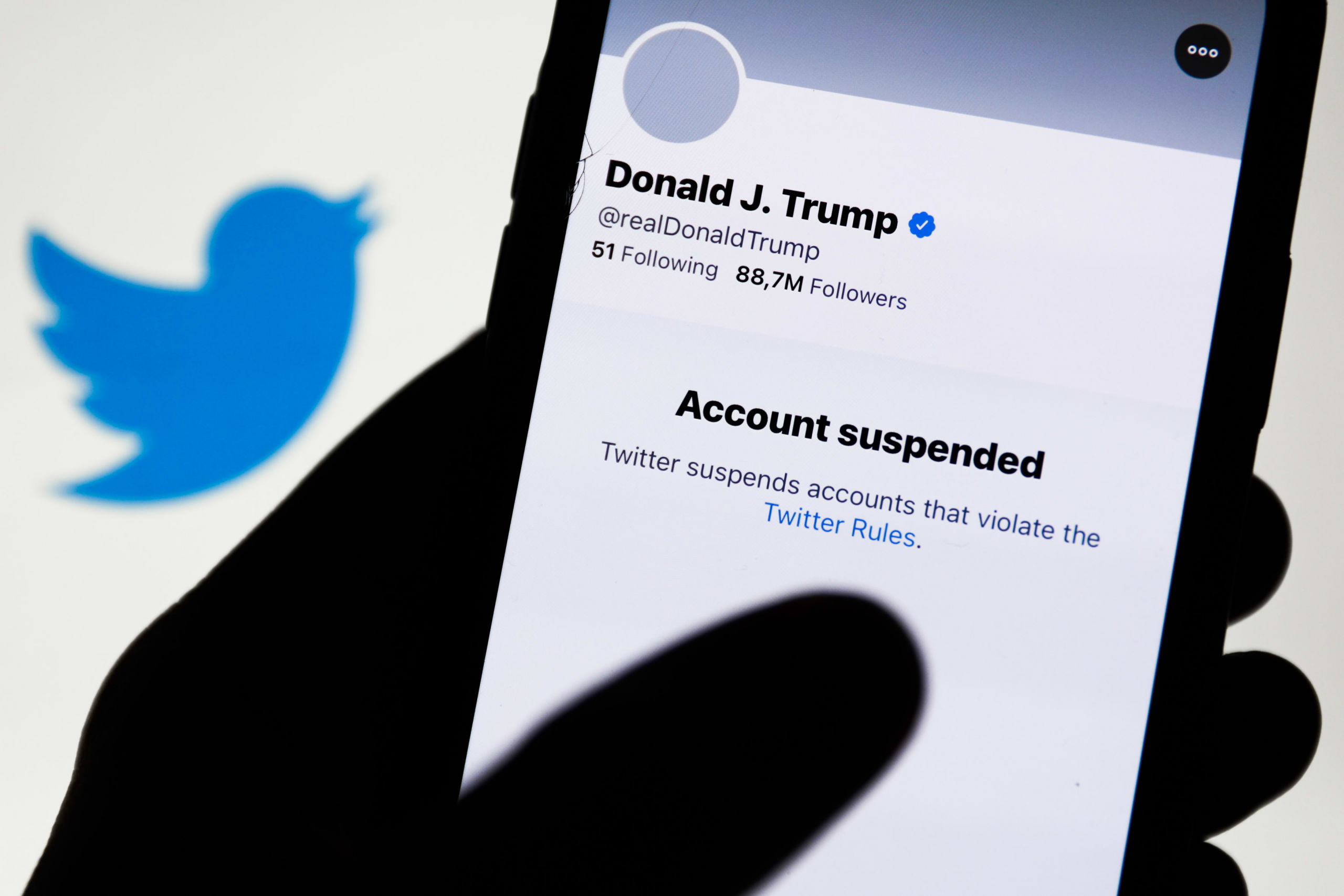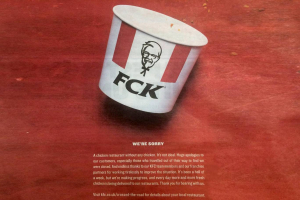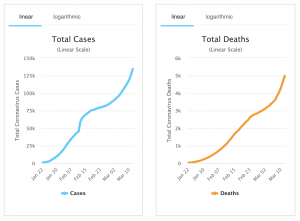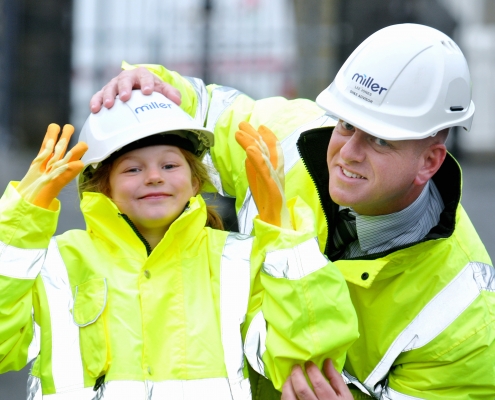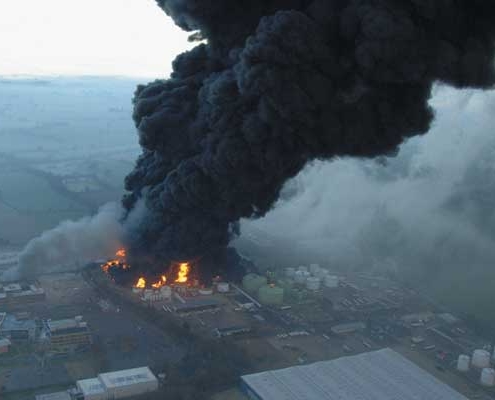Fake News & Clickbait… Who’s Views Are You Getting On Social Media?
One of my favourite adverts back in the 1990s was from The Independent newspaper (now the i-newspaper of course). The ad drew the reader’s attention to the fact that the majority of large mainstream newspapers back in the day were owned and operated by ‘media moguls’.
The advert cleverly printed ‘Conrad Black’ into the same font and layout of the famous Daily Telegraph and the name ‘Rupert Murdock’ into The Times mast head. The objective being that they were trying to convey that the newspapers were anything but independent and instead simply portraying the views of their owners and paymaster generals.
Historically, Britain has proudly had one of the freest and boldest press corps in the world that rightfully and skilfully has ‘held power to account without fear of favour’. The highlighting of the newspaper ownership therefore resonated with me as we were often advised (when studying history at university) to look at the author of the work before determining any bias to the information presented.
As technologies and 24 hour news cycles developed, the pressures on newspapers to keep up has been intense. Not only have they seen significant drops in readership that have led to a corresponding drop in revenue, but we are also seeing strategies that undermine the quality of the news presented in an effort to attract readers to more sensational stories – otherwise known as clickbait.
The sad reality however is that newspapers are not winning. Recent research now shows the impact social media is having on not only everyday life but also on what we view, believe and how we consume information.
On average, UK consumers already spend an hour and 52 minutes every day on social media, with over half of them using the platforms to post or send private messages (56%) and to stay in touch with family and friends (53%).
Interestingly, nearly 8 out of 10 (79%) of 16 to 24 year olds say that social media is their main source of news. Due to the open platform nature of social media, the quality and content of this news is very hard to regulate and there have been numerous cases of alleged ‘fake news’ whether relating to the US elections, Covid management or celebrity stories.
Although UK law allows users to report illicit content to the police, there is currently no legislation covering social media regulation nor the publication of ‘fake news’. The process of putting in place a form of regulation has been in progress for quite some time, however it has received heavy criticism for long delays in its implementation.
The Online Harms Bill, first proposed by Theresa May’s government in April 2019, sets out strict guidelines governing the removal of illegal content such as terrorist material or media that promotes suicide. Social networking sites must obey these rules or face being blocked in the UK. This may be all well and good but there is disagreement as to where to draw the line between ‘harmful’ and free speech and who will be responsible for policing the content which is likely to be a much more complex affair.
The recent Covid pandemic highlighted just how complex the issue is. Faced with a serious threat to public health, the government looked to ‘control the narrative’ both in mainstream media and also online. Many of the legacy media outlets towed the line with regard to messaging, in part due to government media spend, and also through their ‘public duty’ however social media platforms came under scrutiny over the content of posts that were shared.
In some cases the platforms were accused of sharing ‘conspiracy theories’ that challenged the narrative, while those sharing the alternative views felt that they had their accounts arbitrarily cancelled or ‘shadow banned’ where the content of their posts did not reach their usual audiences. By May 2021, Facebook’s fact checking team had removed 16 million pieces of content and added warnings to around 167 million posts. YouTube removed more than 850 000 videos related to “dangerous or misleading Covid-19 medical information.”
This raises the question as to who are the fact checkers and what medical or specialist knowledge do they have to undertake their roles? Professor Sander van der Linden, a professor of social psychology in society at Cambridge University comments: “I think it’s quite dangerous for scientific content to be labelled as misinformation, just because of the way people might perceive that.”
This naturally leads to the question on who is determining what is right or wrong on social platforms as this in turn leads to what can and can’t be shared.
We have already seen the democratically elected President of the United States banned on Twitter. If a company’s executive team are calling the shots on essentially who has a voice or not, this has serious implications. The new owner, Mr Musk, has also introduced a subscription cost to Twitter, suggestion those who don’t cough up will have their accounts effectively silenced. It begs the question as to what other topics or views could be silenced if they don’t marry with his agenda?
Twitter is not alone, TikTok is facing a total US ban because of its Chinese ownership (with the US government afraid of data being shared with a malign body and the potential influence it could have on a population). If this happens I would expect other countries to follow.
The algorithms of the platforms already favour certain content over others and decide who has their views shared over others. This is most apparent in how businesses now essentially need to pay to be heard on any platform. As the saying goes, “If you are not paying for it, you’re not the customer; you’re the product being sold.”
With more than 12.5bn hours collectively spent by the UK population on social media in 2021 (or an equivalent of 1.4million years for one person!) and five out of the top 20 websites being social platforms, social content undoubtedly has the biggest influence on today’s population.
As social media and their platform’s owners become more powerful, just as it was back in the 1990s with newspapers, we all need to consider who really owns these platforms, as this massively influences what we watch, listen to read and absorb.

